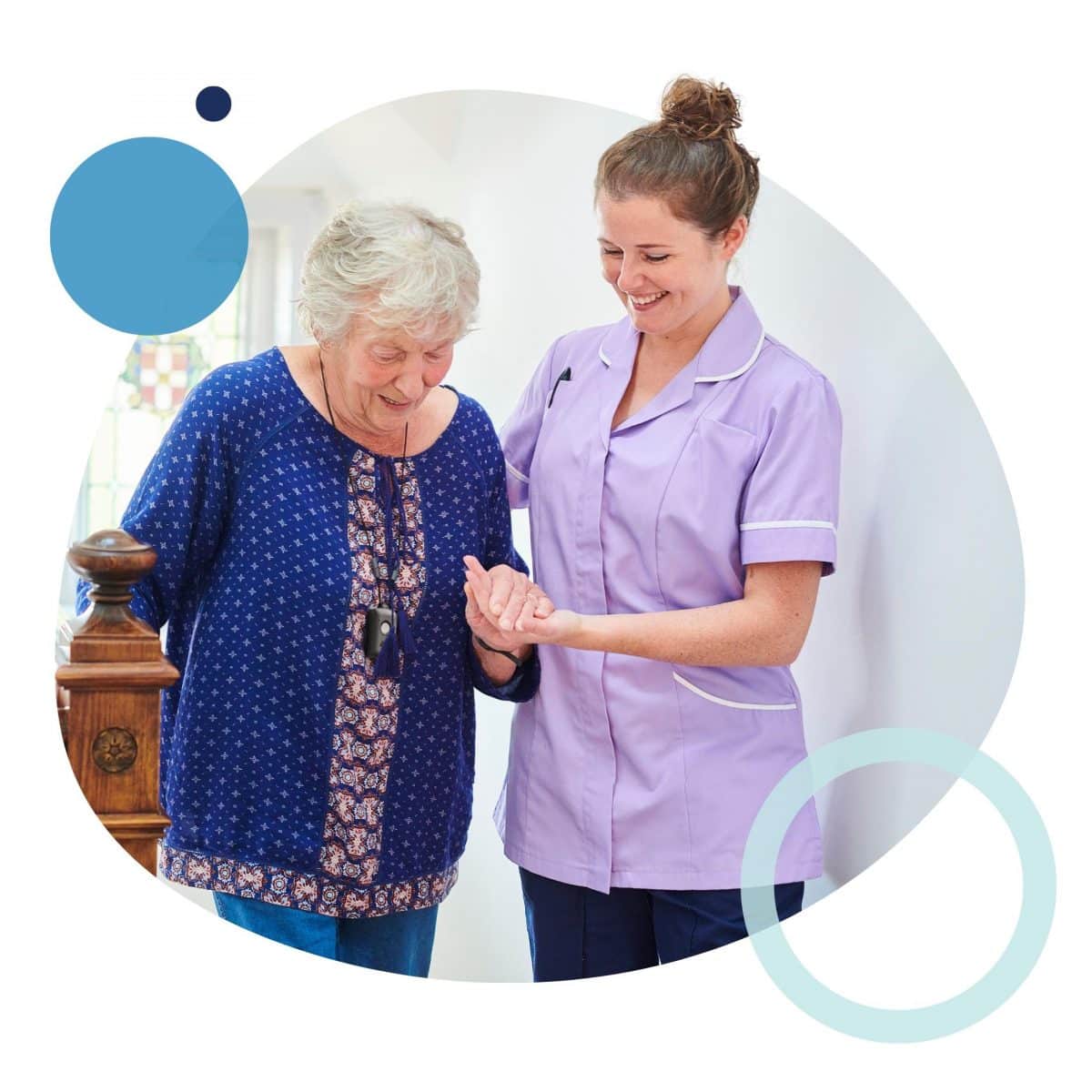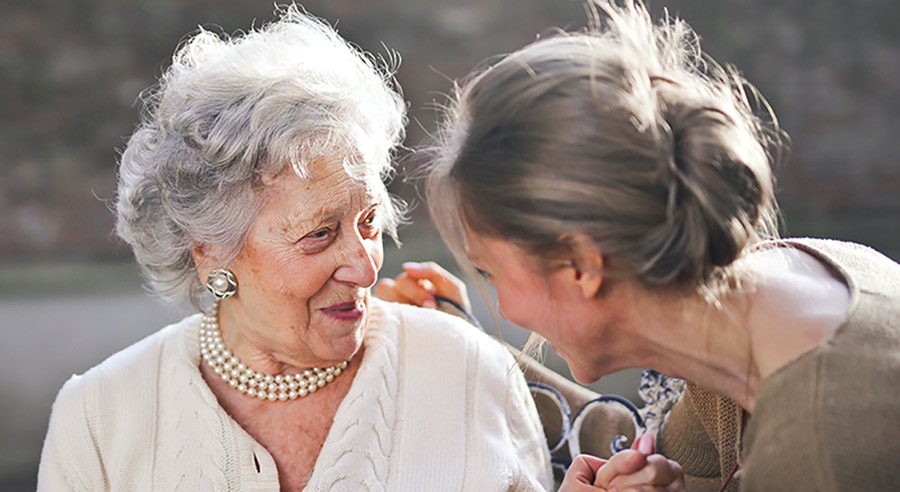Comprehending the Connection In Between Home Care Providers, In Home Caregivers, and NDIS Support Coordinators
How In Home Treatment Givers Address the Unique Difficulties and Emotional Needs of Families Looking For Assistance for Their Loved Ones
At home caretakers play an essential function in navigating the intricacies dealt with by households looking for assistance for their enjoyed ones. By understanding one-of-a-kind family dynamics and providing tailored emotional assistance, these specialists not only address prompt care needs yet also foster an environment of depend on and open communication (ndis plan manager).
Comprehending Family Characteristics
Comprehending household dynamics is important for supplying efficient in-home treatment, as each family operates within a special set of partnerships and interactions. These dynamics incorporate different components, including communication designs, duties, and power structures that influence exactly how care is supplied and obtained. The caregiver has to recognize these factors to ensure that care strategies straighten with the family's worths and expectations.
Various family members may exhibit distinctive patterns of communication, such as hierarchical frameworks or collaborative strategies. For circumstances, in some households, a key decision-maker may hold substantial impact, while in others, decisions might be more autonomous. Understanding these patterns helps caretakers customize their methods to fit the family's details needs.
In addition, social backgrounds play an essential duty fit family members dynamics. Caregivers ought to be culturally qualified, recognizing and appreciating varied techniques and beliefs that may influence care preferences.
Inevitably, a detailed understanding of household dynamics facilitates boosted communication, fosters count on, and enhances the caregiver's ability to sustain the family members efficiently. By identifying the intricate internet of connections and responsibilities, caregivers can create an encouraging atmosphere that advertises well-being for both the private obtaining care and the household overall.
Offering Emotional Support
Offering emotional support is a vital element of in-home care that considerably boosts the well-being of both the specific receiving care and their family participants. In the context of caregiving, emotional support entails active listening, compassion, and recognition of sensations. Caretakers are educated to identify the psychological battles that families face, such as isolation, stress and anxiety, and sense of guilt, and to supply a thoughtful visibility that alleviates these problems.
By promoting open communication, caretakers create a secure area for family participants to reveal their problems and anxieties. This discussion not just urges psychological launch but likewise strengthens depend on in between the caretaker and the household. In addition, caretakers can offer sensible techniques to aid households handle stress and promote strength.

Inevitably, the psychological support given by in-home caregivers improves the lifestyle for both customers and their households, advertising a more thoughtful and understanding caregiving atmosphere. This holistic method makes sure that psychological requirements are dealt with along with physical health and wellness considerations.
Taking Care Of Daily Care Tasks
Taking care of daily treatment tasks is an important element of in-home care that makes sure individuals receive the assistance they need to keep their wellness and freedom. Caretakers play a vital function in assisting with tasks of day-to-day living (ADLs), which consist of bathing, dressing, grooming, and meal prep work. By tackling these responsibilities, caretakers assist minimize the physical and emotional problems that families may deal with while caring for their liked ones.
In addition to individual treatment, caretakers are additionally entrusted with medicine monitoring, guaranteeing that customers abide by prescribed dosages and timetables. This oversight is crucial for keeping health and protecting against unfavorable impacts from missed out on or wrong drugs. Additionally, caregivers commonly help with flexibility, giving assistance for customers moving around their homes, consequently reducing the risk of falls and enhancing general safety and security.

Promoting Open Communication
Efficient monitoring of everyday care jobs typically hinges on the top quality of communication between caregivers, customers, and their households. Open up interaction promotes an atmosphere where issues, choices, and responses can be freely exchanged, ensuring that treatment is tailored to fulfill private needs. Caregivers need to prioritize regular check-ins with both customers and their families, promoting conversations that attend to any kind of problems or adjustments in treatment needs.
Utilizing various interaction techniques-- such as face-to-face meetings, telephone call, and created updates-- can enhance understanding and supply family members with comfort. It's essential for caretakers to proactively pay attention, showing empathy and respect for the psychological landscape of the family members. Motivating questions from household members can also aid clarify care plans and reinforce the caretaker's dedication to transparency.
Furthermore, maintaining open lines of interaction allows caretakers to recognize and react immediately to any shifts in a customer's wellness status or emotional wellness. This proactive method not just strengthens the caregiver-client dynamic however also empowers family members to take part actively in the treatment procedure. Eventually, cultivating open communication is essential for improving the top quality of in-home treatment and advertising an encouraging environment for all entailed.
Building Depend On and Relationships
Count on is the foundation of effective at home care, as it establishes a foundation for significant relationships between caretakers, customers, and their households. Building this trust fund calls for constant, transparent interaction and an authentic dedication to the health of those entailed. Caretakers must demonstrate reliability through punctuality, adherence to care strategies, and responsiveness to the needs and preferences of clients.
To foster trust, anchor caretakers should take part in active listening, making sure that family members really feel listened to and comprehended. This includes not just attending to immediate concerns however additionally anticipating future demands, therefore empowering households and boosting their feeling of control. Establishing relationship through shared experiences and respectful communications can further strengthen these partnerships.
Moreover, caretakers must be educated to acknowledge and resolve explanation the emotional complexities faced by families. By showing empathy and compassion, they can reduce fears and uncertainties, enhancing trust fund. Regular updates and check-ins with relative can also improve transparency, allowing them to feel engaged and informed about their enjoyed one's care.
Eventually, developing trust fund and nurturing connections in at home care is a collaborative process that considerably influences the high quality of treatment offered, promoting a supportive setting that benefits everybody involved.
Conclusion
By understanding family members characteristics, providing emotional support, and fostering open communication, caretakers boost the general caregiving experience - home care providers australia. Their capability to manage everyday treatment tasks while constructing trust and strong connections cultivates a helpful setting for clients and their households.
Recognizing household characteristics is essential for giving reliable in-home care, as each family members operates within an unique collection of communications and relationships.Giving emotional assistance is a vital element of in-home treatment that considerably improves the well-being of both the private obtaining treatment and their family members. By taking on these responsibilities, caretakers help minimize the physical and emotional problems that family members might encounter while caring for anchor their loved ones.
Effective administration of everyday care tasks usually hinges on the high quality of interaction in between caregivers, clients, and their households - home care providers.Trust fund is the keystone of successful at home treatment, as it develops a foundation for meaningful relationships between caregivers, clients, and their households